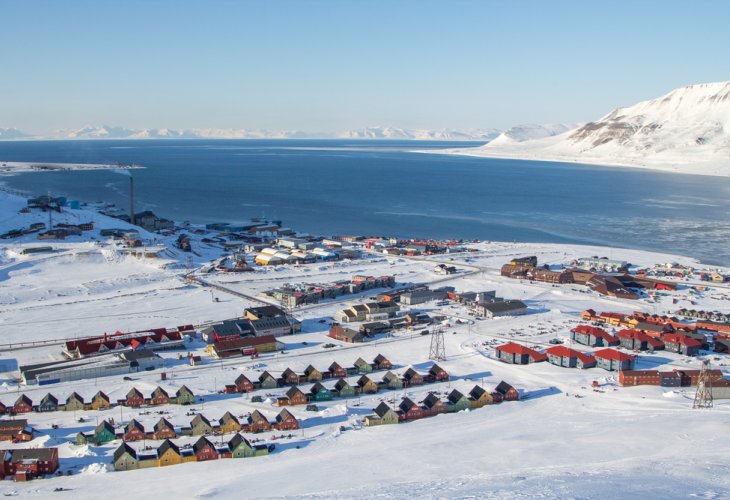Living in Longyearbyen: A Place Where Birth and Death Are Forbidden
In Longyearbyen, situated between Norway and the North Pole, residents face strict rules forbidding birth and death on the island. Discover what happens if someone is about to give birth or knows they are near death.
 (Photo: Shutterstock)
(Photo: Shutterstock)If you love visiting unusual places around the world, Longyearbyen might be just the place for you. The capital city in the Arctic Ocean lies on an island called Spitsbergen, between Norway and the North Pole. What makes this city most unique is the law that prohibits dying or being born there. Basically, you have to be born elsewhere to enter, and if you're about to die, you need to leave beforehand.
Longyearbyen has a population of about 2,000 residents. It is considered the northernmost permanent settlement in the world and will celebrate 100 years of belonging to Norway next year. The city has more polar bears than citizens, alongside reindeer, and peculiar laws.
Entry is free of visa requirements, but if you decide to visit, you need to stay safe and avoid dangerous cats.
Additionally, you'll need to carry a gun. Tomorrow, a bear might decide to attack you, and you'll need it for self-defense. Also, the law states that dying in the area is prohibited.
Cecilia Blomdahl, a resident, says, "It's a beautiful place, but scary and dangerous. It's not just nature that makes it amazing, but also the people. No one is born in Svalbard, everyone who lives there chooses to do so, creating a community of eager residents."
Due to the islanders' attempts to protect local wildlife at all costs, several strict laws enforce this, including a ban on owning cats.
So, what happens if someone is going to die while on the island? According to the law, terminally ill patients are flown out to live elsewhere and die there. There's a reason for this: bodies of those who died in 1918 have yet to "decompose" due to the severe cold, or so the islanders claim.
In 1950, the Norwegian government decreed that being born there would no longer be allowed, and the cemetery was shut down. If a person dies suddenly from an accident or other cause, the body is swiftly flown elsewhere. And how can childbirth be prevented? Simply, some time before the expected birth date, the mother has to leave the island to give birth elsewhere.
Incidentally, although the law mandates carrying a gun—mainly for protection from thousands of bears wandering the area—use of firearms is prohibited unless in life-saving situations. To date, only five bears have attacked humans.
.Use quotes in order to search for an exact term. For example: "Family Purity", "Rabbi Zamir Cohen" and so on
מחפש...

